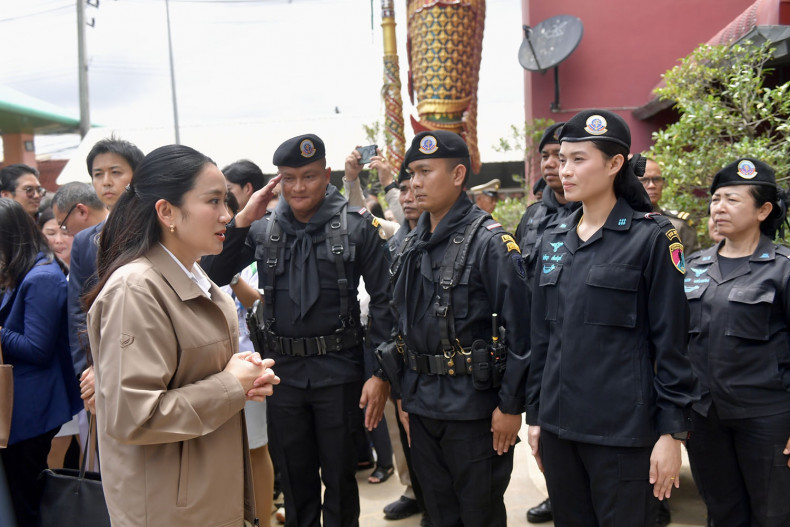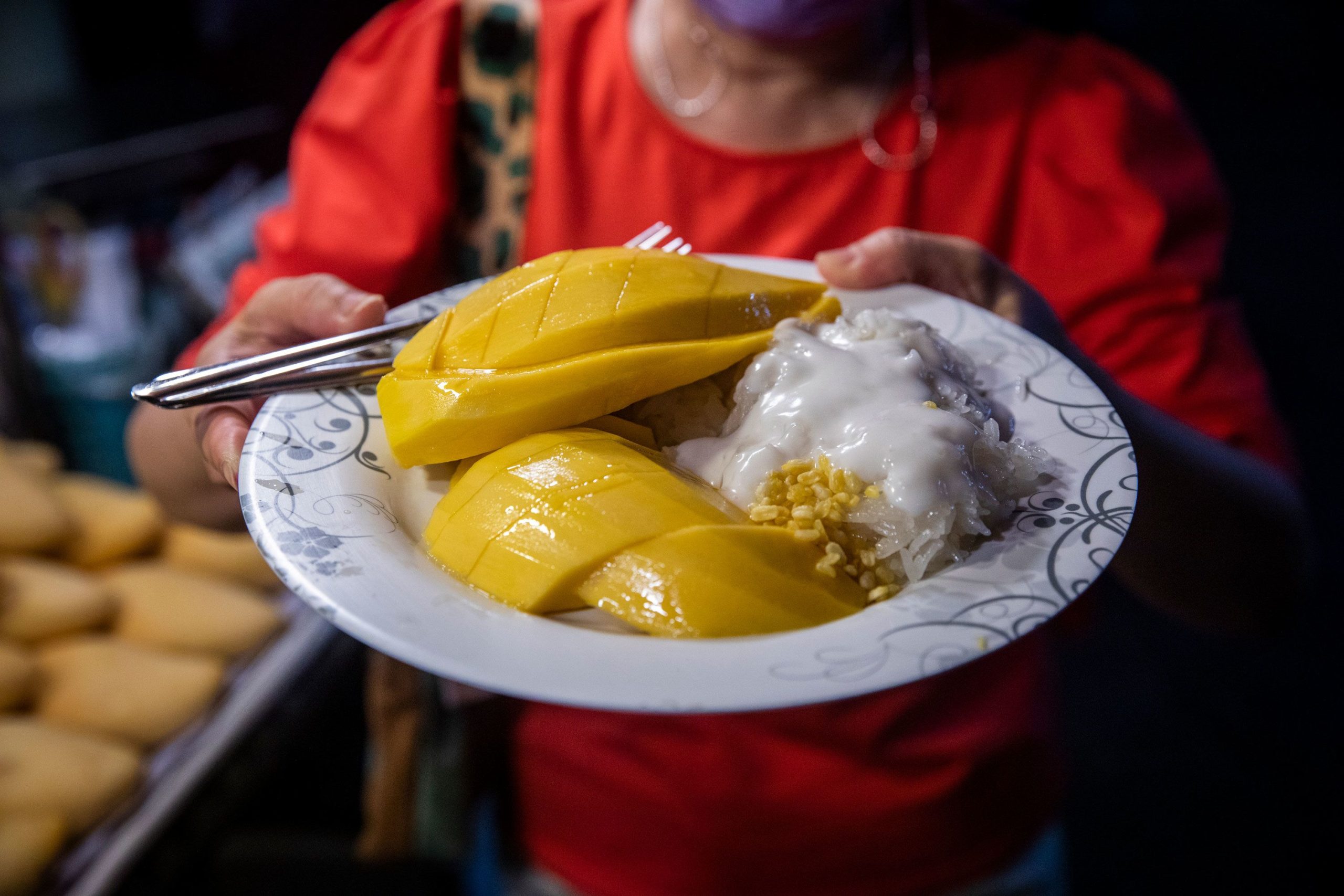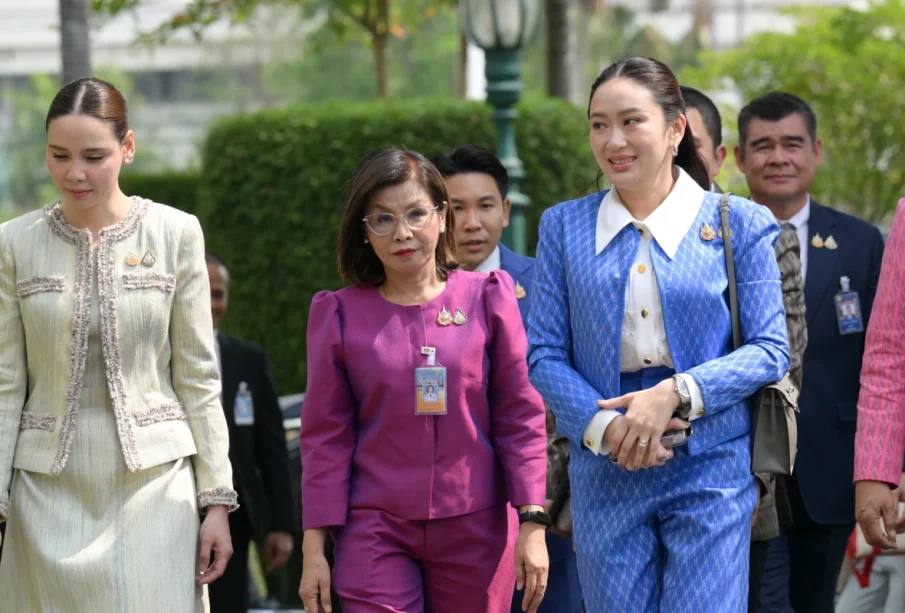Thai Entrepreneur Proposes Interest-Free Bitcoin Loans to Strengthen Financial Reserves
Bangkok – Acme Worawat, also known as Worawat Narknawdee, is a prominent figure in Thailand’s cryptocurrency landscape and one of the country’s pioneering Bitcoin miners. He has recently proposed an innovative initiative aimed at bolstering Thailand’s financial reserves through interest-free Bitcoin loans to the government. This proposal seeks to support the nation’s reserve funds and accelerate its transition to a digital economy.
Context of the Proposal
Worawat’s initiative comes on the heels of significant global interest in cryptocurrency, particularly following remarks made by former Prime Minister Thaksin Shinawatra. At a recent seminar, Thaksin suggested using Phuket as a “Bitcoin sandbox” for tourism, highlighting the potential of Bitcoin to redefine national economies.
- Worawat’s Portfolio: With over 11,000 Bitcoins in his possession, Worawat aims to mitigate the risks associated with Bitcoin’s volatility while positioning Thailand as a leader in blockchain technology. “I firmly believe Bitcoin can significantly strengthen Thailand’s economy and enhance our global bargaining power,” he stated.
Aligning with Blockchain Principles
Emphasizing Transparency and Decentralization
Worawat’s proposal reflects his long-standing belief in the principles of blockchain technology—transparency and decentralization. Having begun mining Bitcoin in 2012, he has actively promoted educational initiatives to raise awareness about digital currencies in Thailand.
- Leveraging Networks: Worawat emphasizes the importance of utilizing his international network of cryptocurrency investors to support government-led economic strategies. “By integrating Bitcoin into our reserves, Thailand can diversify its financial assets and gain an edge in the evolving global economy,” he explained.
The Creation of ACT (ACET): A Step Toward Innovation
Introducing a New Digital Currency
In addition to his proposal for Bitcoin loans, Worawat has established ACT (ACET), a digital currency that boasts a trading volume of approximately $395 million. This initiative underscores his commitment to innovation and societal benefit.
- Potential Impact: By creating ACT (ACET), Worawat aims to foster a robust digital economy that can support various sectors within Thailand. His vision includes making Thailand a hub for blockchain technology and digital asset adoption in Southeast Asia.
A New Era of Financial Innovation for Thailand
Blending Progressive Policy with Blockchain Potential
Worawat’s initiative could signal a transformative shift in Thailand’s financial landscape, merging progressive policy with the transformative potential of blockchain technology.
- Future Outlook: As the world increasingly embraces digital currencies, integrating Bitcoin into Thailand’s reserves could serve as a catalyst for long-term growth and innovation. This strategic move may attract global investment and position Thailand as a leader in the digital era.
Embracing the Future of Finance
Acme Worawat’s vision for interest-free Bitcoin loans represents an ambitious step toward enhancing Thailand’s financial resilience and embracing the future of finance. By leveraging cryptocurrency as part of its reserve strategy, Thailand has the potential to diversify its financial assets and improve its standing in the global economy. As discussions around this proposal continue, it may pave the way for significant advancements in how nations engage with digital currencies.









